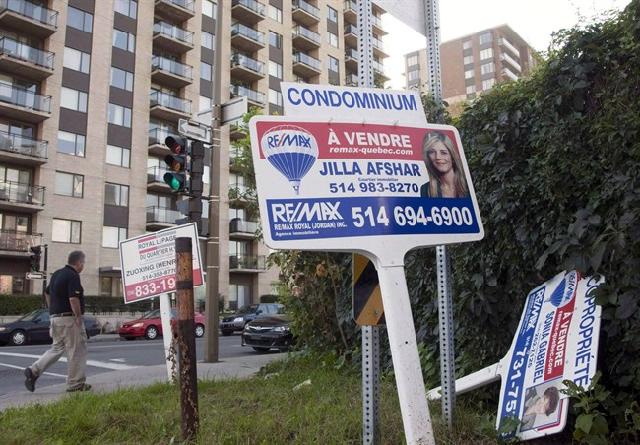We have lived to see the day of a condo boom in Hamilton, Ontario. We have made housing into an object of speculation that sucks in money from here and everywhere, foreign and domestic. For those still wondering, the problem isn’t at heart “foreign”, it’s “money.”
It’s that housing, a basic human right, has been left completely to the market. Ironically, the housing market might not follow the simple ECON 101 supply and demand story; that’s what the first part below is about. The second is a stab at a utopian response that pushes the boundaries of today’s acceptable solutions.
Beyond supply and demand
I’m increasingly sympathetic to arguments that the market for housing isn’t just about supply and demand, with the former not meeting the latter. Most markets are about more than that (as so many challenges to the reductive economic orthodoxy have claimed), but housing seems to be especially prone to a richer analysis.
This is because housing both plays many roles in our social and economic life, and because of its recent history. Housing has been particularly important to the economic transformations of the second half of the 20th century.
